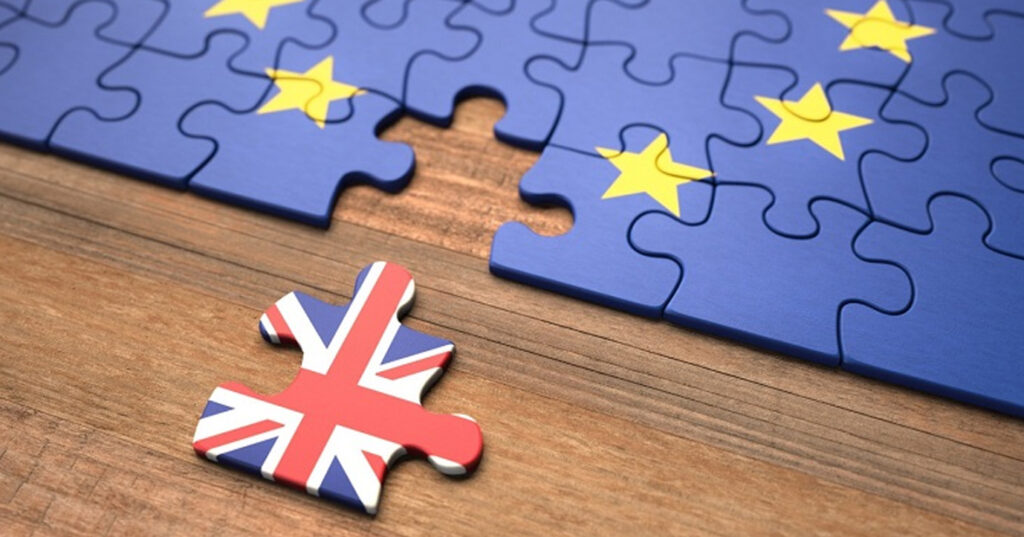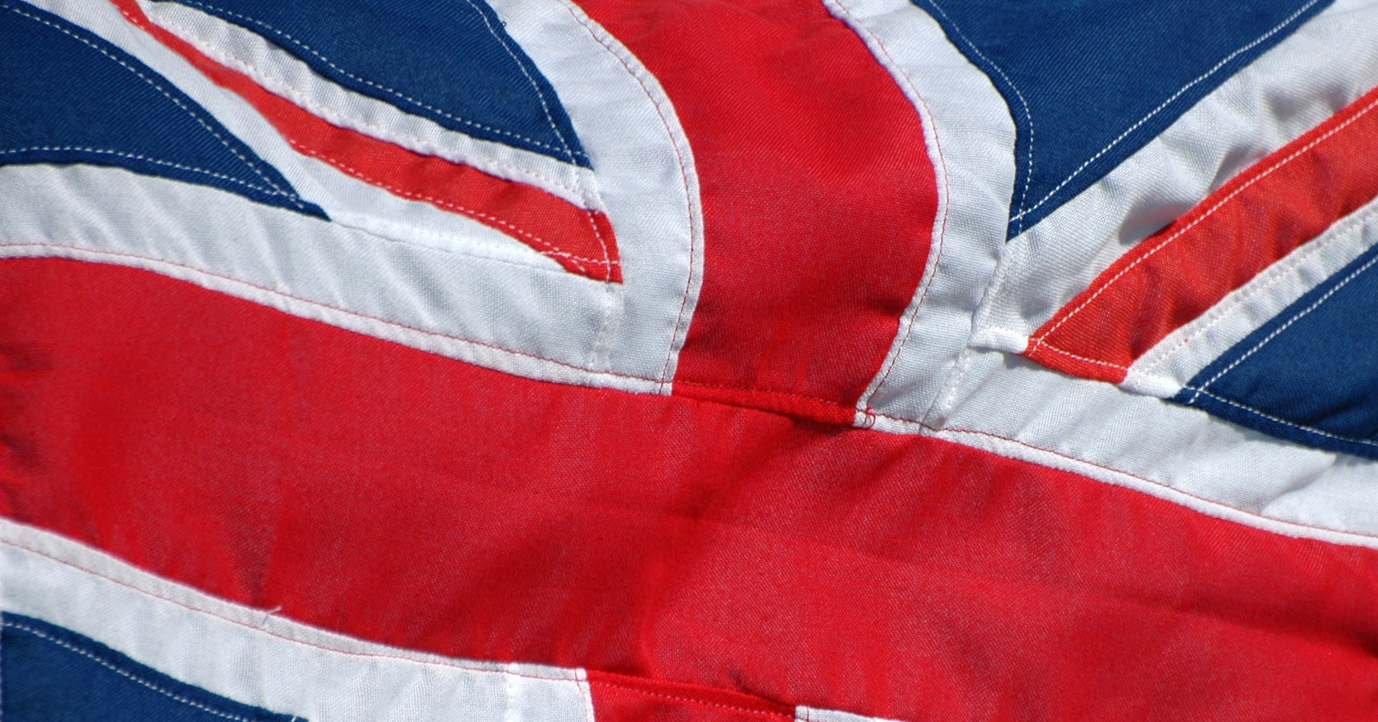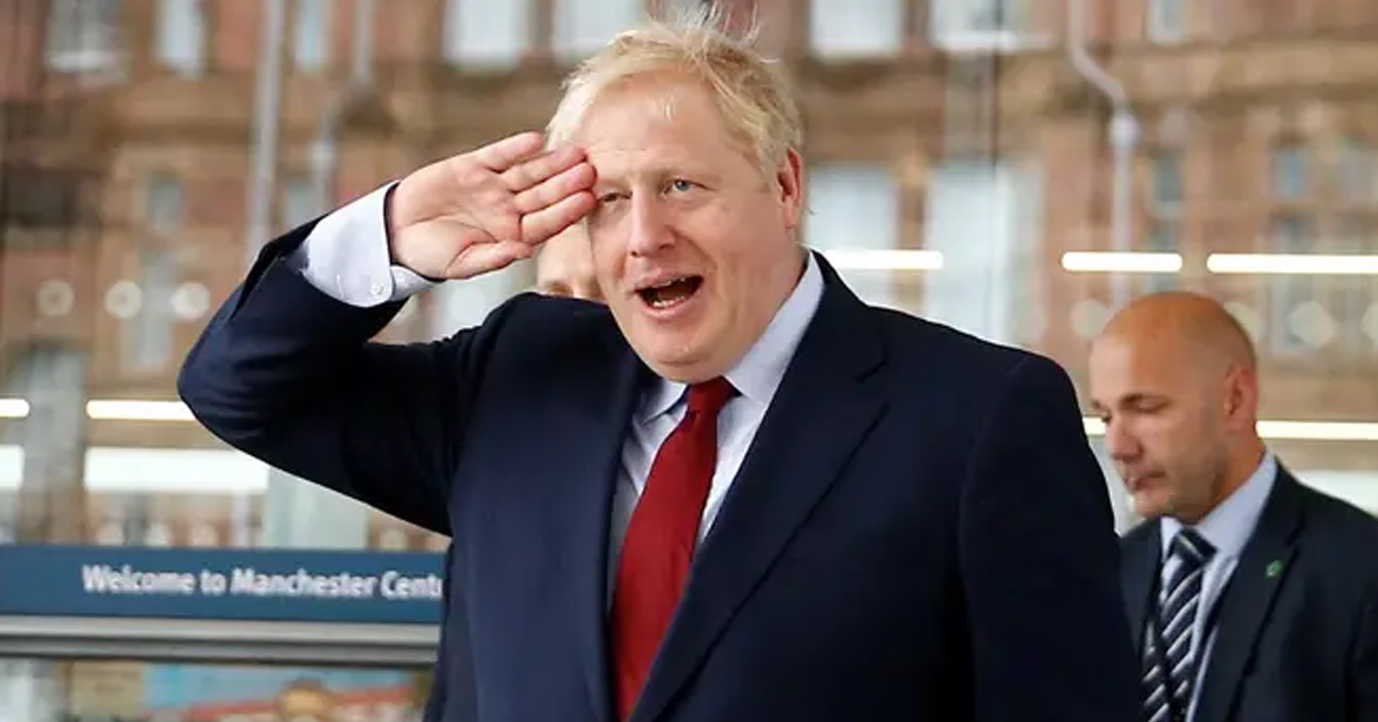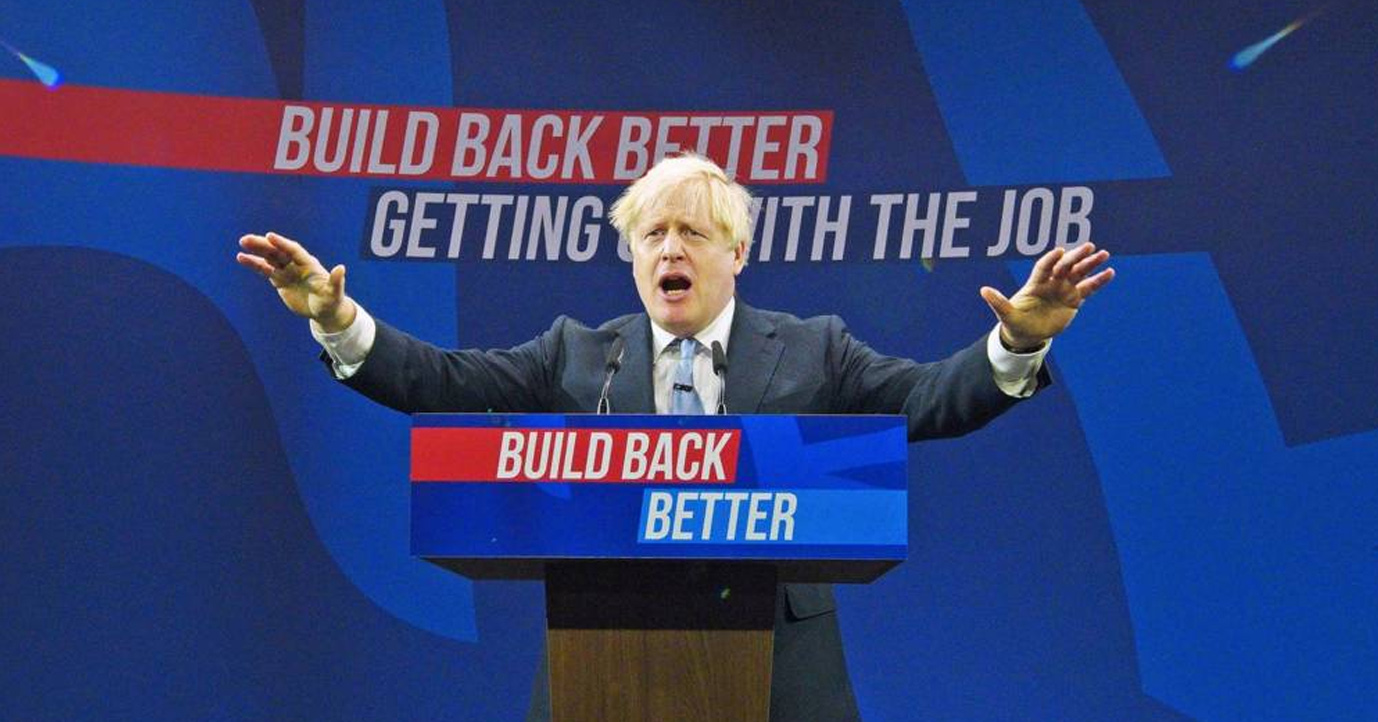
In the space of a month, Britain has voted to leave the EU, the Prime Minister has resigned and been replaced by a new one, Cabinet ministers have been unexpectedly sacked or promoted, the Leader of the Opposition has lost a vote of no confidence and is being challenged for his position. I decided to ask the voters what they thought of it all.
In the last couple of weeks (allowing for a break to watch the rival drama on the other side of the Atlantic), we have conducted focus groups with different kinds of voters – remain and leave, and from various parties – in Leeds, Manchester, Newcastle and Glasgow. These were part of a continuing project on the new political landscape that I will launch in September, but here is a snapshot.
First impressions of Theresa May as Prime Minister were very positive: “serious”, “capable”, “tough”, “realistic”, “tenacious”, “balanced”, “smart”, “direct”, “confident”, “sharp”. Most important of all, though “Boris would have been funnier,” she seemed like the right leader for the times: “We need someone who has been around, who has experience like her, because of everything that’s happening at the moment.” Her first PMQs had reinforced this impression for those who had seen it: “I thought she was brilliant. It got to the point where I felt sorry for the bloke;” “She can stand up to Tusk and Juncker and get the best for the country.”
Most did not know a great deal about her; as one participant succinctly put it, “she likes shoes but doesn’t like the police.” As Home Secretary, Mrs May had “got the hook man out of the country”, and had “stood up for a lot of people, fought against people being extradited to America and things.” Those who had connections to the police force recalled her time in the Home Office less fondly, but there was also some grudging admiration: “She went to the Police Federation conference and told them what she thought. I totally opposed what she said but that was real strength of character, and that’s a sign of what’s to come, I think.”
Conservative voters were particularly pleased with how things had turned out, and even some Labour voters had been surprised and impressed with what she had said about workers in the boardroom and her other priorities: “She’s been talking about what we’ve been talking about. Things like housing.” Participants inevitably drew comparisons with Margaret Thatcher (“she’s going to be the new Iron Maiden!”), and for some non-Conservatives, this was a cloud on the horizon: “She scares me. From the few things I’ve read, I’ve got a bad feeling about her.” In particular, they would wait to be convinced that she would keep her promise to govern for everyone. Meanwhile, though, “not bad for a Tory.”
*
Many in the groups were sorry to see the back of David Cameron, whatever their party allegiance or referendum decision: “I was comfortable with him;” “He was a safe pair of hands;” “Steady and stable, we felt secure;” “the country needed to get back on track financially and he did that.” Though a few thought he had “spat his dummy” by resigning the morning after the referendum, most thought he had done the right and honourable (if inevitable) thing: “he didn’t cling onto power like all politicians seem to”.
Apart from being “not as upper class as Cameron and his lot,” Theresa May represented an obvious change in tone and presentation: “Cameron was a very good PR man, and I don’t think she’s that bothered with that. She’s not going to sugar-coat things.” For some, this also signalled a change in policy: “She seems slightly more to the right, from bits and bobs I’ve read. Cameron was fairly liberal in some ways, which made it more of a party I identified with.” Cameron was “a family person, which is why I thought he wasn’t so right wing. I like a bit of warmth, someone I can relate to. You want someone who’s on your side, not just for a certain group of people.”
*
Despite the mid-term change at the top, there was very little appetite in any of our groups for an early general election. People argued that the new PM had plenty to do and should be given time to get on with things, that they wanted to see her in action before deciding, and – especially in Scotland – “we’re fed up with elections, especially up here. We’ve got election fatigue.”
And apart from anything else, it would hardly be sporting: “The Labour Party don’t know what they’re doing. It would be unfair to do one until they’ve sorted themselves out.”
*
As for the event that gave rise to all this excitement, only a few claimed to have seen it coming (“everyone I talked to in the month or so before said they were voting to leave”). If leave voters had been pleasantly surprised (“in the days leading up to it, I thought we’d bottle it;” “when I heard it on the news the next day I thought, ‘oh, that’s nice’”), many of the remainers had been aghast: “it never crossed my mind that we would actually vote to leave;” “I was stunned. I had to sit down for two minutes”.
Many of the remainers in our groups said they were less worried about the consequences now than they had been the morning after: “As the weeks have gone on, I think maybe not that much is going to change that quickly;” “it could even be beneficial.” Still, some already been affected (“I’m going on holiday and the dollar is like, OMG”), and there was still a feeling of waiting for the other shoe to drop: “The real pain will come when we’re physically unplugged;” “I think it will be batten down the hatches time. I’m not looking forward to it.”
Those who had voted to leave did not dismiss the idea that Brexit was affecting the economy – rather, they accepted it as a temporary blip as the country adjusted to its new circumstances: “People knew the financial situation would be a temporary thing, people aren’t silly. But they were saying there would be World War Three and a plague of locusts. Things are settling down quite nicely;” “It’s a price worth paying. There were always going to be choppy waters in the short term, but in the long term I think we’ll be better off;” “Everyone was acting like it was doomsday. I was like, ‘get a grip’.”
One thing that did exercise some of our leave voters was the way they felt they had been portrayed in parts of the media since the referendum: “I’m sick and tired of all those London luvvies saying they’re better than us”. They considered themselves hardworking, tolerant, moderate and well-travelled, but “they think we’re ignorant, thick, racist.”
Even among remainers, there was very little demand for a re-run: “We’ve got to get on with it. What else can we do?” “I was really pleased it was over. I was sick of listening to it. We can’t go down that road again.”
*
All the groups had picked up on Mrs May’s declaration that “Brexit means Brexit”, though it was less clear to them what this would end up meaning in practice. She was well-placed to get a good deal for Britain, not least because they thought “she wasn’t broken-hearted to be leaving;” “I think she was closet Brexit but wanted to keep her nose clean with DC”.
Many of our leavers did not accept the idea of a trade-off between access to the single market and restrictions on free movement: “I can’t understand why we’ve got to kowtow to Europe to enter the single market when they sell more to us than we do to them.” Common sense would prevail: “Already their trade people are saying, let’s not cut off our nose to spite our face. We are the fifth biggest economy in the world. They are not going to refuse to trade with us.”
If such a choice did need to be made, however, most felt the priority should be to regain full control over immigration policy. The question was brought sharply into focus by the suggestion that Britain could be offered a deal including a seven-year brake on free movement, access to the single market, and continued substantial contributions to the EU budget. “What’s the point in that?” asked more than one leave voter. “That’s not Brexit. We would still be in, and that would cause a great deal of trouble.”
The important issue was not so much the number of EU migrants, but who was making the decisions: “Vote Leave never said we would have no more people from Europe. It’s that we have control over our borders. We would interview people and say you can come in and you can’t. The main thing is to have control, so say who can come in.”
Even the remainers felt the seven-year brake idea was not what the country had voted for: “You’re not really leaving, are you?”
*
While most on both sides agreed it was more important to get Brexit right than to do it quickly, some leave voters – particularly UKIP supporters – were already frustrated. It had been weeks since the vote and nothing had changed. Immigrants were still here, politicians and the media were still ignoring their concerns, and the leaders of the Brexit campaign had vanished. Despite being “like Prince William in the line of succession,” Boris “didn’t have the balls for it” and Nigel Farage, despite having “just got his way” had “thrown in the towel”: “We’ve been sold a package and now it turns out it doesn’t exist.”
These people now felt that they did not have a political home. Whether they had liked the party or not, most in our groups associated UKIP exclusively with Nigel Farage. Though people acknowledged his role in taking Britain out of the EU (“we’ve got him to thank for Brexit. He frightened Cameron into having a referendum”), they could not see the appeal of UKIP without him – indeed some could not see the point of the party now it had achieved its purpose: “It’s the United Kingdom Independence Party. Why would you vote for it now? We’ve got Brexit.”
Why, incidentally, had UKIP never managed to make any headway in Scotland? “They’re seen as English nationalist, little Englanders;” “The SNP’s southern cousin.”
*
As for the Labour Party, “where do you start? I’ve never seen a party like it. It’s a farce.” Jeremy Corbyn “is the greatest thing for the Tory party that ever happened. He’s the gift that keeps on giving. Totally unelectable”. Labour voters thought him “unprofessional” and “too far to the left”, and the party “a right mess”, “a catastrophe”, and “a basket case”. The party was no longer representing its voters: “The membership is students, extremists, socialists, the far left;” “I hope May doesn’t call an election. We would be entirely wiped out.” Labour’s disintegration had left “a massive chasm at the centre of politics. If there was a new party, I’d give them a go.” Even Tories were worried: “It’s not good news that the party is so weak. I voted Conservative, but it means there is no debate about their plans.”
Nobody had an opinion about Corbyn’s leadership challenger (“Oliver something?”), though one said they had seen him on Newsnight: “He was good, but any of us would look good on Newsnight now that Paxman’s gone.” Even if he won and turned out to be competent, the party was such a mess that “it will take him some time to get it right.”
*
If our political leaders were characters in Game Of Thrones, which characters would they be? Theresa May: “Catelyn Stark, or Margaery Tyrell – plays all sides, you don’t really know what she’s up to.” Nicola Sturgeon: “Cersei Lannister. Knows what she wants and will do anything to get it.” Jeremy Corbyn: “The little one. Tyrion Lannister.” What about Owen Smith? “An extra.”


